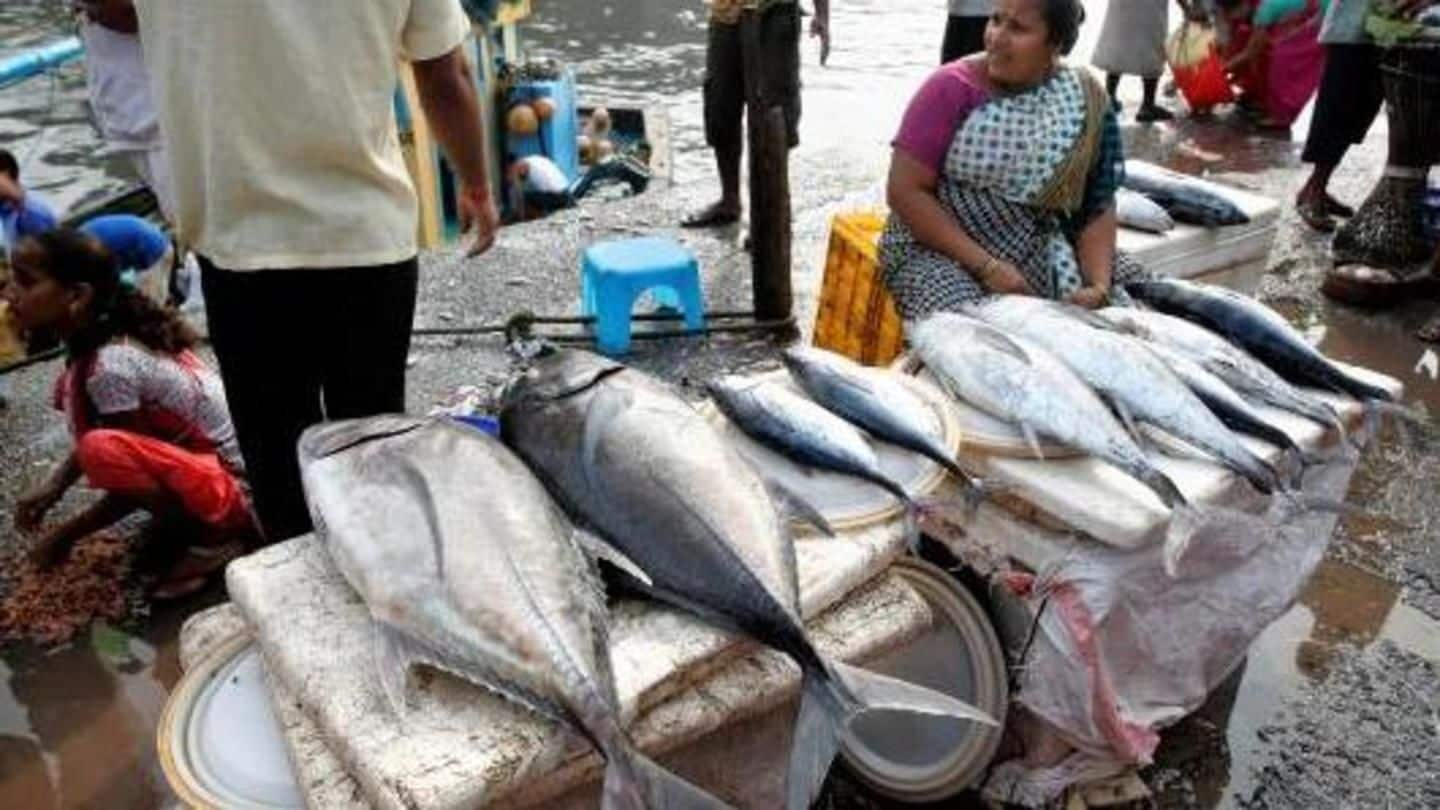
Antibiotic-resistant fish of Mumbai markets can impact health severely: Study
What's the story
Antibiotic resistance has reached alarmingly high levels, with even protein-rich fish of Mumbai getting affected, found a study jointly done by Mumbai University and BARC. When we consume these fish, we too become antibiotic-resistant, which makes treating ailments like TB, UTIs, gastroenteritis, typhoid, whooping cough, and respiratory tract infections more complicated. India's unregulated aquaculture is largely to blame, experts said.
Details
'All pathogens in studied fish showed high-resistance to multiple antibiotics'
Five different fishes-Indian mackerel/bangda, saundala, tarli, mandeli and dhoma/dhodi- collected from city markets were studied. The team identified 50 potential pathogens that were resistant to 13 clinically important antibiotics, like penicillin G, rifampicin, streptomycin, chloramphenicol and cefotaxime among others. 19 out of the 26 antibiotic-resistant micro-organisms were resistant to drugs that can cure UTIs, TB, bacterial infections, etc, all at the same time.
Fatal move
No regulation to guide, farmers inject antibiotics to promote growth
Encouraged by the government's 'Blue Revolution' push, focus on fish breeding has increased manifold. However, in absence of proper regulations, fish farmers inject antibiotics to treat infections in fish and also to promote growth - killing two birds with one stone. The fish are often fed human faeces, and banned toxic chemicals like formalin and malachite green are used to disinfect the ponds.
Details
Government regulations urgently needed for aquaculture farms
India has a reputation to keep: the country is second-largest fish producer worldwide, after China, and also the highest exporter of fish and fish products. So, if the government doesn't implement regulations on existing aquaculture practices, it might soon face an export ban from its trade partners. In the past, EU countries have rejected consignments of seafood from India after detection of antibiotic residues.